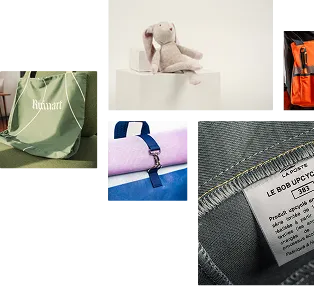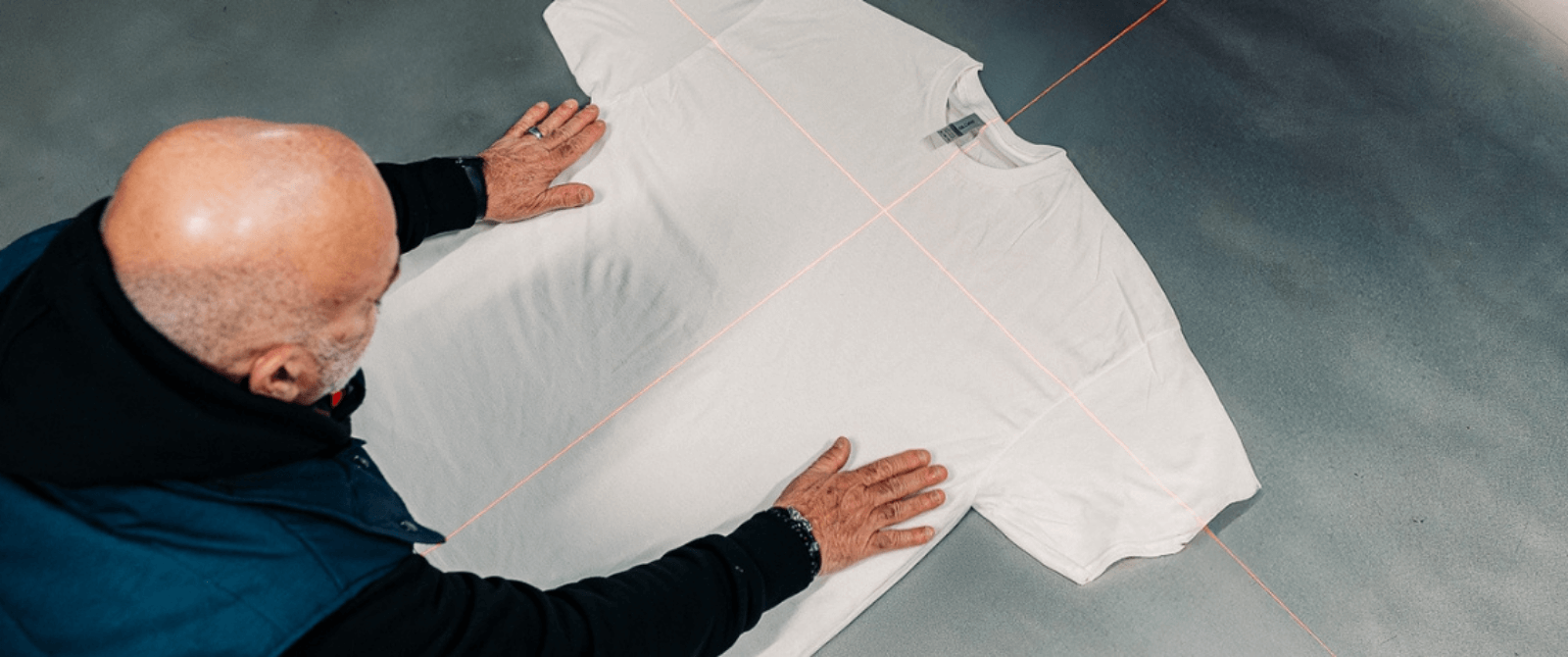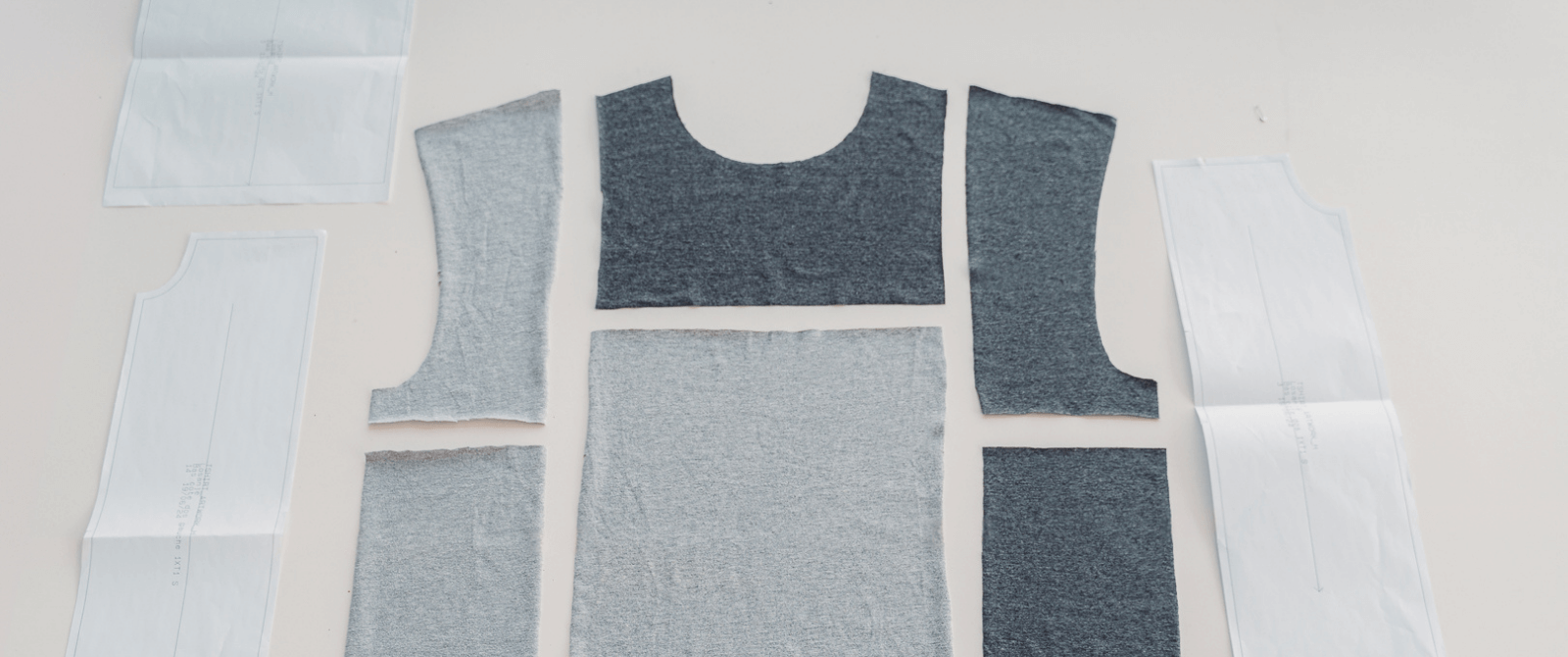Industrializing textile upcycling: Losanje's winning bet
What if the solution to fashion's excesses could be found in what already exists? Losanje industrializes textile upcycling to scale, without new materials.
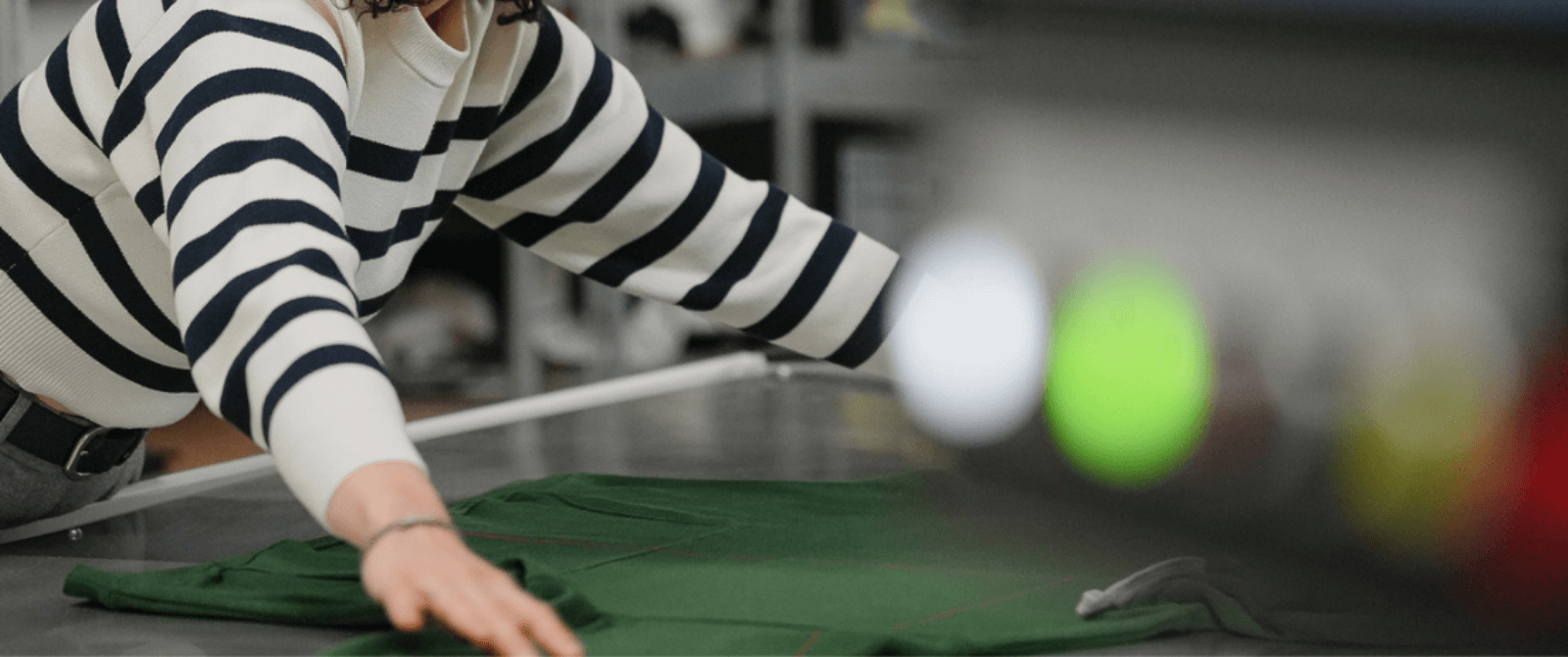
your
textile products with us?
Textile upcycling, which consists in transforming finished products (unsold, uniforms, second-hand...) into new items, is gradually establishing itself as a credible solution to the excesses of the textile industry. Still perceived as a craft industry, this process is now entering a new industrial era, driven by pioneers such as Losanjewhich has developed Europe's firstindustrial textile upcycling production line.
Why rethink our textile production model?
Losanje was born of two alarming observations:
- The textile industry is the second most polluting sector in the world.
- It produces in excess: 15% to 20% of garments are never worn.
Add to this the 4 billion tonnes of CO2 emitted every year, and recycling that is still largely inefficient, especially for blended fibers. The need for a circular textile model is becoming urgent.
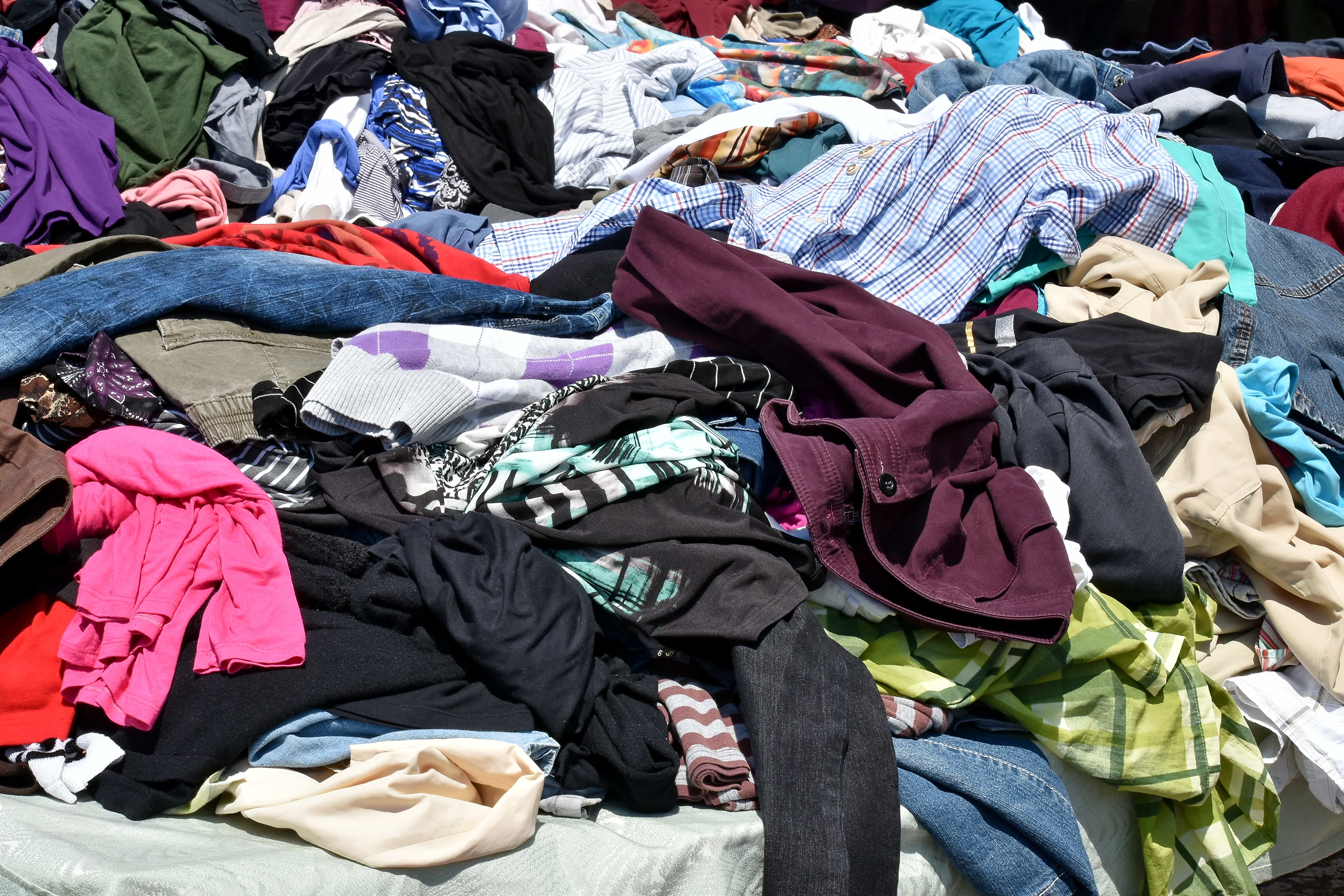
Industrial upcycling: a scalable, ecological and practical alternative
Unlike recycling, which is often costly and technically limited, theupcycling enables textile products to be reused directly at the end of their life cycle, by cutting out parts to create new accessories, garments or textile objects.
Long limited to small series or one-off creations, upcycling was hampered by a key factor: its artisanal dimension, which was slow and not very profitable on a large scale.
Losanje's challenge: to scale up
From 2022, Losanje's mission is to change the game:
Thanks to a €2.7 M fund-raising campaign, an ambitious research & development program has been launched to design robotized tools for cutting tools.
The result: a 70% reduction in production time per piece and the creation of the first automated line dedicated to textile upcycling. A breakthrough that enables cycle times close to those of conventional industry to be achieved, while valorizing existing materials rather than producing new ones.
.jpg)
Democratizing the most eco-friendly textile alternative
This industrialization allows widespread access to the most virtuous textile production method on the market, according to a cross-sectional study by Quantis & McKinsey (2020). It is based on a simple principle: create new from old, without producing new textile materials.
It also meets new regulatory requirements, such as the AGEC lawlaw, which prohibits the destruction of unsold textiles and encourages brands to recycle their obsolete stocks.
A concrete solution for circular fashion
With this approach, Losanje proves thatupcycling can be industrialized, competitive and have a high environmental impact. The brand has established itself as a key player in the textile transition, capable of meeting the challenges of sustainability, innovation and regulatory compliance.
🎧 To find out more: listen to the interview with Simon Peyronnaud, co-founder of Losanje, in Victoire Satto's podcast for The Good Goods.
Ideas, materials,
a project? We'd love to hear from you.
At Losanje, we can help you create responsible textile products, whether you have materials to recycle or not.
You might like
...

